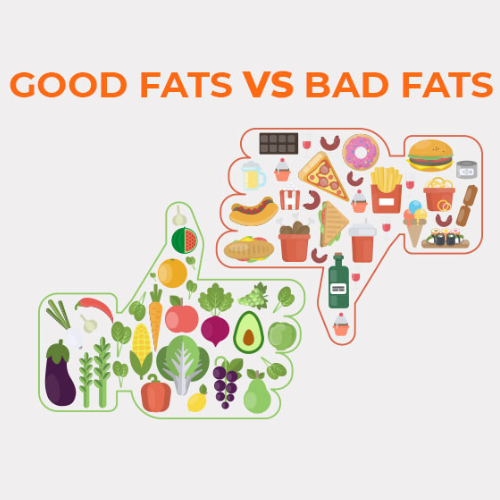The term "superfood" has taken the health and wellness world by storm. These foods are often touted as miracle cures, promising to boost immunity, slow ageing, and even prevent chronic diseases. While it's true that certain foods are packed with essential nutrients, the idea that a single food can dramatically transform one's health is a misconception.
The Science Behind the Hype
While many superfoods have been studied, the research is often limited and inconclusive. However, some of these foods do offer significant health benefits. Here's a deeper look into a few popular superfoods:
Berries:
- Rich in antioxidants, especially blueberries and acai berries.
- Real-life example: Studies have shown that consuming blueberries regularly can improve cognitive function and memory, especially in older adults.
- May improve brain function, reduce inflammation, and lower the risk of heart disease and certain cancers.
- However, the impact of consuming large quantities of berries on overall health is still under investigation.
Leafy Green Vegetables:
- Packed with vitamins, minerals, and fibre, especially spinach, kale, and collard greens.
- Real-life example: The Mediterranean diet, which is rich in leafy green vegetables, has been linked to a lower risk of heart disease, stroke, and certain types of cancer.
- May reduce the risk of heart disease, stroke, and certain types of cancer.
- Can help regulate blood sugar levels and promote weight management.
Fatty Fish:
- Excellent source of omega-3 fatty acids, particularly salmon, mackerel, and tuna.
- Real-life example: People who consume fish regularly, especially fatty fish, tend to have lower rates of heart disease and stroke.
- May reduce the risk of heart disease, stroke, and Alzheimer's disease.
- Can help lower blood pressure and reduce inflammation.
Nuts and Seeds:
- High in healthy fats, protein, fibre, and various vitamins and minerals, including almonds, walnuts, chia seeds, and flaxseeds.
- Real-life example: The Mediterranean diet, which includes nuts and seeds, has been associated with a lower risk of heart disease, stroke, and type 2 diabetes.
- May reduce the risk of heart disease, stroke, and type 2 diabetes.
- Can help lower cholesterol levels and promote weight management.
The Pitfalls of the Superfood Craze
While superfoods can be a valuable part of a healthy diet, it's important to avoid these common pitfalls:
- Unrealistic Expectations: No single food can magically cure all health problems.
- Neglecting a Balanced Diet: Focusing too much on superfoods can lead to nutrient deficiencies.
- Cost: Some superfoods, especially exotic ones, can be expensive.
- Potential Side Effects: Consuming excessive amounts of certain superfoods may lead to digestive issues or other health problems.
The Bottom Line: A Balanced Approach
The key to a healthy diet is balance and variety. Rather than focusing on a few specific foods, it's important to consume a wide range of nutrient-rich foods from all food groups. This includes fruits, vegetables, whole grains, lean protein, and healthy fats. By incorporating a variety of nutrient-dense foods into one's diet, one can improve their overall health and reduce the risk of chronic diseases. Remember, a balanced diet is the foundation of good health, and superfoods are just one piece of the puzzle.




